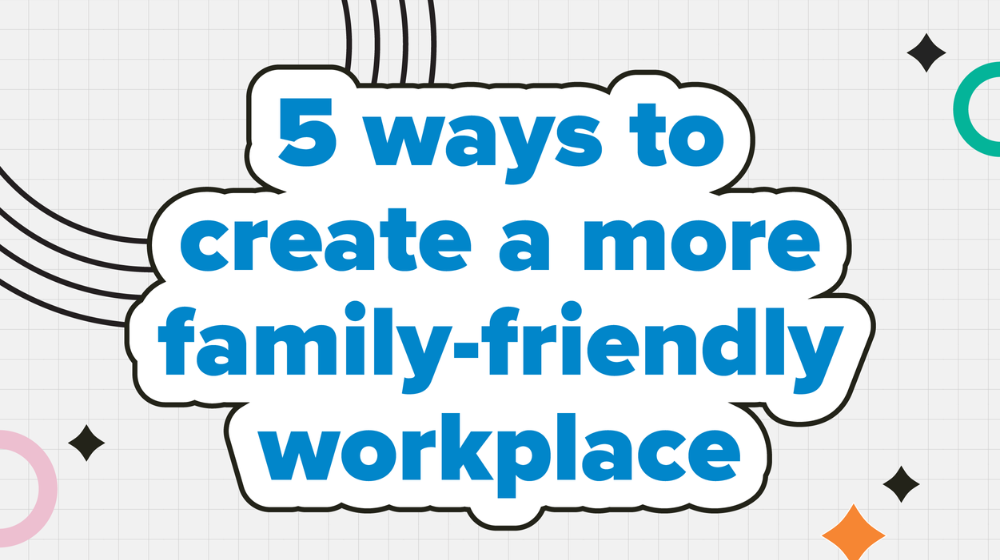Scroll down

In the Western Balkans and beyond, women have traditionally struggled to enter or stay in the labour force due to the unequal division of family responsibilities, lack of support from employers, and inadequate family policies and provisions from governments. At the same time, women face challenges in starting families and having the number of children they want without having to leave their jobs. In the Western Balkans, the participation rate for women in the labour force is significantly lower than for men, ranging between 16.5 and 52 per cent. That means that over half of the productive capacity of women aged 15-64 is not being fully utilized in the countries’ economies. At the same time, fertility rates in the region hover around 1.3 to 1.5 children per woman, much lower than the two or more children people on average say they want.
read more
Istanbul/Vienna, 15 May 2024 – UNFPA, the United Nations Population Fund, and the Austrian Development Agency (ADA), the operational unit of Austrian Development Cooperation, today announced the launch of the second phase of their “Expanding Choices” programme promoting gender-responsive family policies in cooperation with governments and the private sector in the Western Balkans. The €2.2 million programme supports governments and the private sector over a period of three years with strengthening gender-responsive family policies and promoting family-friendly workplaces in Albania, Bosnia and Herzegovina, North Macedonia and Serbia, as well as in Kosovo (UNSCR 1244). Three countries – Bosnia and Herzegovina, North Macedonia and Serbia – have joined the programme for its second phase.
read more
In the Republic of Moldova, the government and private sector have introduced a range of family-friendly policies to make it easier for women and men to reconcile career and family duties. Such policies are not only powerful tools to shift discriminatory gender norms and redistribute unpaid care work, they also make it easier to tackle the effects of demographic change.
read more
Women and girls make up about half of the population in Eastern Europe and Central Asia. Yet their desires for their lives, families and careers are often ignored in discussions about the region’s demographic future. Worse, their rights as equal citizens, including their reproductive rights, are under threat, as anxieties around population decline have given rise to pro-natalist policies and narratives putting pressure on women to have more children.
read more
Families are widely recognized as key building blocks of societies. It is through families, as a recent UN Women report pointed out, that people share resources such as housing and income, look after those who are sick and frail, and reproduce, nurture, and care for the next generation. Families can be places of love and solidarity and are important for each member’s sense of identity and belonging. At the same time, families can also be places of conflict and even violence, fed by discrimination and inequalities.
read more